Like everyone else you also have a lot of perceptions about a lot of people. But do you know that how you perceive others, is a reflection of who you are?
“We meet ourselves time and again in a thousand disguises on the path of life.”-Carl Jung
Different people view different things around them differently. And this fact remains unchanged when we try to find out their views about a person of their common acquaintance. All of them are likely to present a different perspective of that person. While one might perceive them as friendly and cordial another may consider them as unintelligent, immature, and irresponsible. This makes us wonder which perception is correct.
The way every individual perceives the person in question, tells us about these individuals rather than about the person they are expressing their views on.
This means the way we perceive others has nothing to do with them, it has everything to do with us. We create a perception about others depending on the type of relationship we have with ourselves and the characteristics of our personality. Our ego prevents us from finding faults in ourselves and tries to look outside to find an object to thrust the blame. By doing so they are only identifying their own traits in others.
This can be understood from a situation when a person feels that another person is jealous of them.
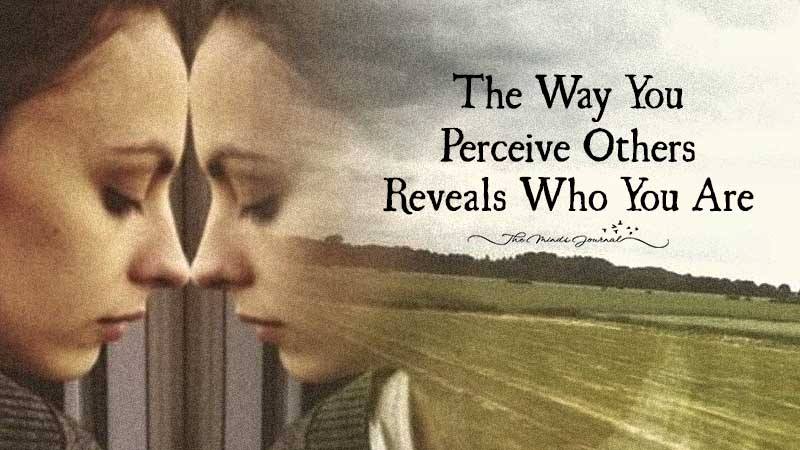
But unless they haven’t felt the pangs of jealousy themselves, they cannot identify it in others. So, when we recognize certain traits in others, we are able to do so because we possess those traits or have possessed them in the past. By blaming others we just want to ignore our own negative traits, but doing so will be of little help to us. When we are able to accept the fact, that our opinions and judgments are nothing but the reflection of our ego and the person we perceive negatively has nothing to do with it, we are offered the opportunity to use every reaction to get rid of our own demons.
“What angers us in another person is more often than not an unhealed aspect of ourselves. If we had already resolved that particular issue, we would not be irritated by its reflection back to us.”- Simon Peter Fuller, author.
The way we feel about others is the key that can open the secret world which has the answer to what we are and why we are. When we know these basic answers, we are able to form a true relationship with our inner self. If we can focus on who, or what makes us react in a strongly emotional manner, we can use the knowledge to heal ourselves. Negative reactions have only two meanings.
One of the meanings is we want others to behave in a particular manner or we are attached to certain ideas or beliefs about how things should be.
This tells us that we want to thrust our thinking on others when no one is forced to behave as per our wish. The moment we stop accepting people as they are and judge them in light of our expectations, we are ignoring the reality of the present moment.
Want to know more about the perception? Read 5 Steps To Change the Way You Perceive Yourself
The other truth relates to our ego which stops us from pointing our own faults, so we continuously attempt to find those in others. This reaction is nothing but a clue that we need to correct the negative things because they lie within us and not in others. As Carl Jung puts it, “When an inner situation is not made conscious, it appears outside as fate. “- Carl Jung.
We like to console ourselves by blaming our circumstances for the way we react.
Since we don’t want to introspect; the hidden things in our mind try to expose their presence through external circumstances and people. When we realize that the problem actually lies within us, the light of awareness illuminates those parts of our being, that our ego doesn’t allow us and others to see which will help us to overcome these traits.
Those parts that we are so used to hide should be cured and that is possible when we promise to be 100% honest to ourselves. If anger storms your mind, let yourself feel the anger, if fear approaches you, accept it.
The point is to be aware of these feelings without judging ourselves as ‘good’ or ‘bad’ because those emotions have invaded our minds. When we do this, only then we will be able to accept and love those parts of ourselves that we want to hide so badly.
It’s not easy to always consider ourselves as the ‘problem’ when we want to point fingers at others so much. But, the truth is, it is the most empowering thing. When we identify ourselves as the problem, finding the solution will be effortless because it lies within us.
If our ego is not allowing us to see the shady parts of our personality and that inspires us to see others in a bad light, we gain the power to turn the situation by just healing the parts of ourselves that identify and resonate with the same issues in them.
When it so happens that we begin to see ourselves in others around us, we start building an honest and true relationship with our own being. This helps us to give rise to awareness and makes us calm, confident, and accepting of every aspect of our personality. Creating a loving relationship with ourselves changes our perspective to all the external things. We start seeing the same positive traits which we have now been able to cultivate in our self. Those people or things which used to ignite a strong negative emotion in us will now be dealt with compassion and forgiveness.
We are truly able to heal our relationships with others and consequently change them for better when we change and our internal relationship— the relationship with our own being.
If you want to know more about what how you perceive others is a reflection of who you are as a person, then check this video out below:
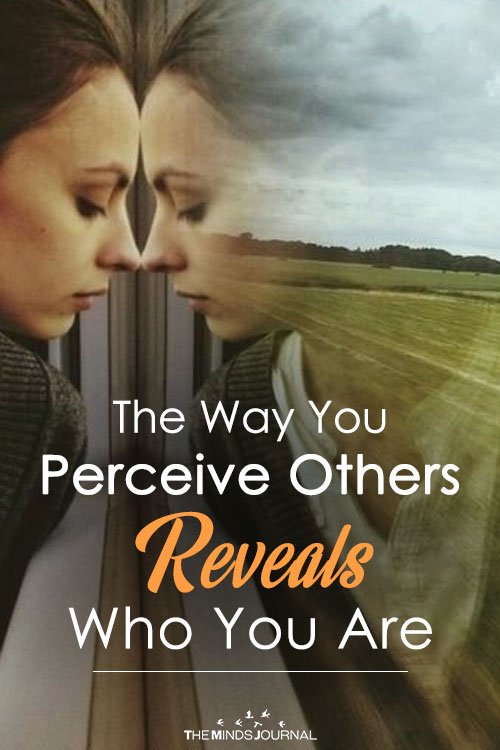
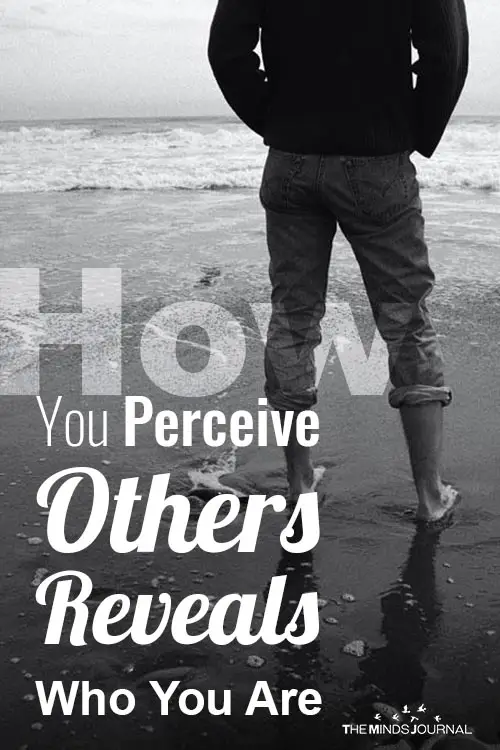
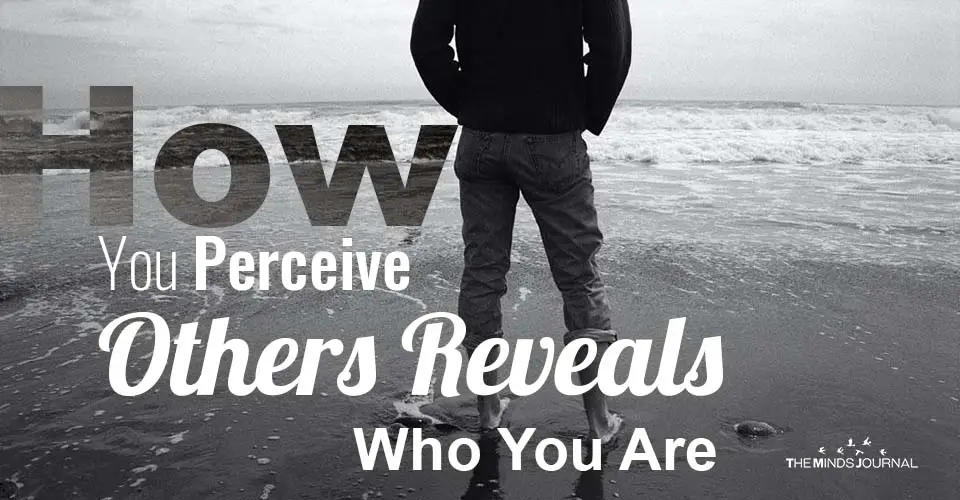

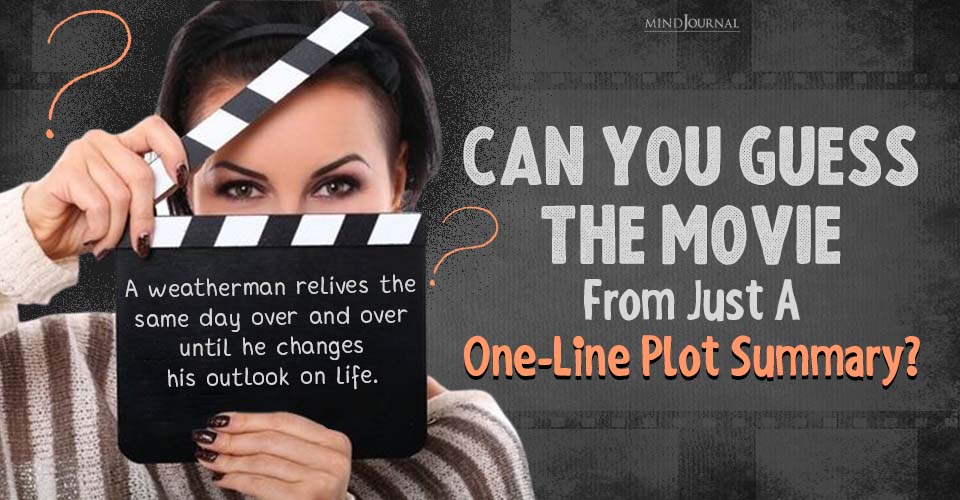
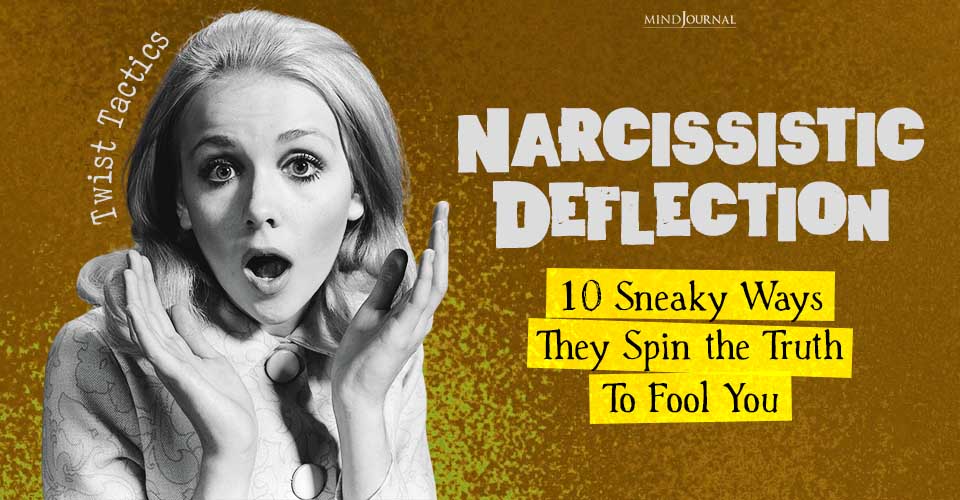
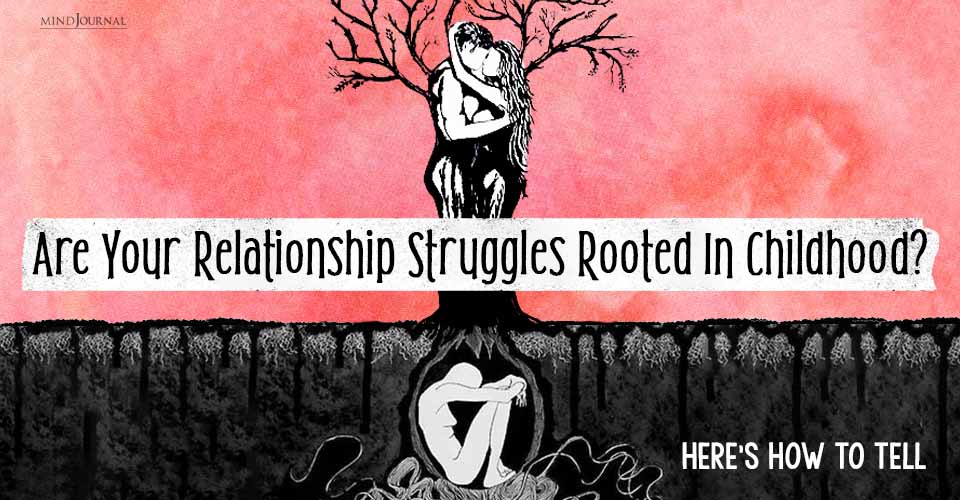

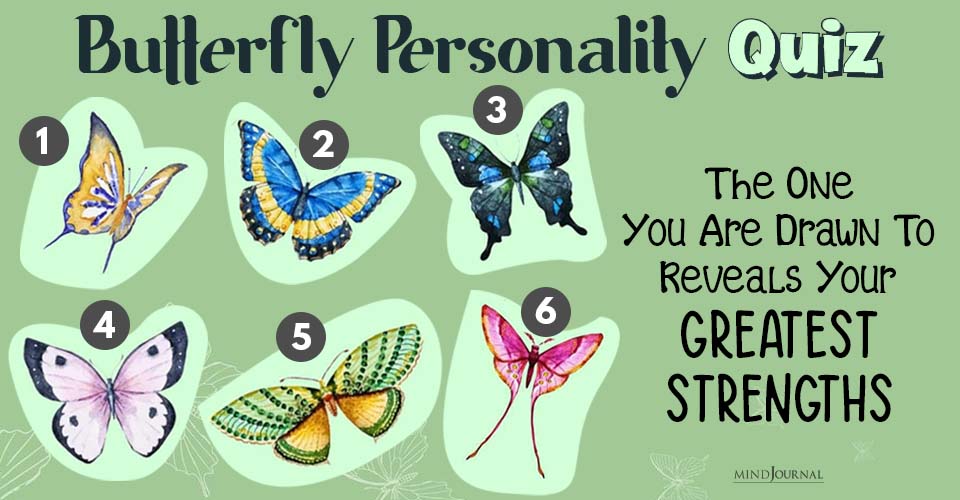
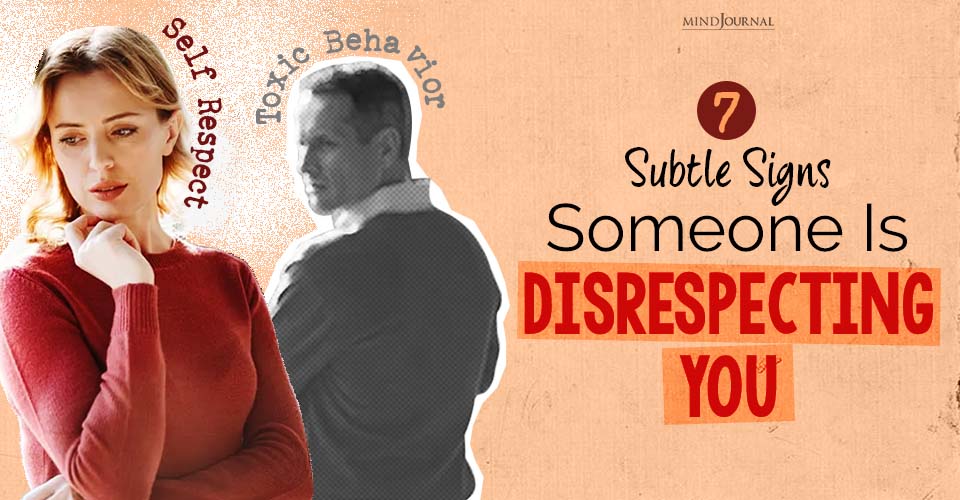



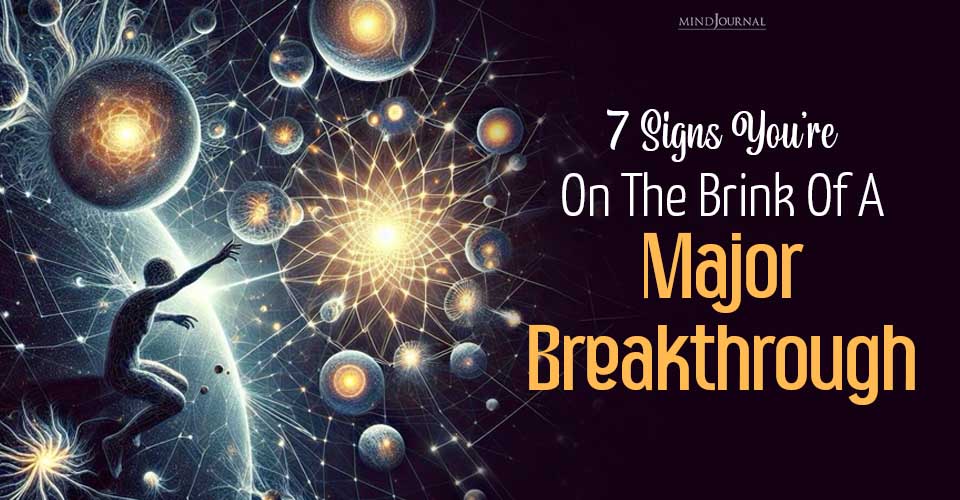


Leave a Reply
You must be logged in to post a comment.